Dubai is the most populous and the largest emirate in the UAE with approximately 2,502,715 people. Notably, it is the most progressive emirate among the seven emirates. Dubai is classified as an alpha city due to its strong economy.
Despite being a desert, the country has managed to utilize its resources and according to the 2015 statistics, it has an annual GDP of 105.6 billion USD. Unlike its neighboring emirates such as Abu Dhabi, the oil reserves of Dubai have been exhausted; oil contributes only 2 % of the total GDP of this emirate. Although it started as a port, Dubai has developed into a luxurious emirate that is home to the world's tallest building.
Much of the work force in the UAE are foreign expatriates - hence the country's population makeup being so diverse, with Emirati citizens being a minority in their own country. All Emirati citizens receive profit sharing cheques from the government and mostly opt to work in the government sector. Migrant workers from the Indian Subcontinent and the Philippines are mostly employed in the service and construction industries for low wages.
Many mid-level jobs are filled by expats and Emirati nationals who work in the private sector, in addition to expats who work in high-skilled and managerial positions and typically enjoy a very good standard of living. If you're interested in working in the UAE there are opportunities in oil and gas, banking, engineering and education. The public school system in Abu Dhabi is hiring a large numbers of English-language teachers from Western countries. These teaching jobs in the UAE are accessible through official recruiters of the Abu Dhabi Education Council.
What are the 5 emirates of UAE The United Arab Emirates is a country that is made up of seven emirates. Those are Abu Dhabi, Dubai, Sharjah, Ajman, Fujairah, Ras al-Khaimah, and Umm al-Qaiwain. While the country as a whole has a prime minister and federal president, each emirate has its own ruler that oversees the local governments. The UAE was established in 1971, and since that time, it has seen great population growth. Its largest city is Dubai, which has reached the one million resident milestone with a population of 1.1 million. However, there are other cities within the UAE that have high population counts.
The second most populous city, Abu Dhabi, has over 600,000 residents. There are four additional cities with populations that have surpassed 100,000. Seven cities have populations that are between 10,000 and 100,000, while remaining cities and towns make up the remainder of the population.
Ras al-Khaimah is situated to the northern part of the UAE, bordering part of Oman's territory, the Musandam. The population of this emirate is 205,000 people, and the Emirati citizens are the largest group. Ras al-Khaimah does not have any oil, and it has, therefore, focused on advancing its industrial sector.
The primary economic areas of Khaimah include real estate, tourism, building materials, service sector, and agriculture. The most recognized types of attraction in this emirate include shopping, nature, parks, water, and amusement parks. The capital city of this emirate is also referred to as Ras al-Khaimah and it is a home to most of the citizens of Ras al-Khaimah emirate. The UAE has developed from a juxtaposition of Bedouin tribes to one of the world's most wealthy states in only about 50 years.
Between 2000 and 2018, average real gross domestic product growth was at close to 4%. It is the second largest economy in the GCC , with a nominal gross domestic product of US$414.2 billion, and a real GDP of 392.8 billion constant 2010 USD in 2018. Since its independence in 1971, the UAE's economy has grown by nearly 231 times to 1.45 trillion AED in 2013. The non-oil trade has grown to 1.2 trillion AED, a growth by around 28 times from 1981 to 2012.
Backed by the world's seventh-largest oil deposits, and thanks to considerate investments combined with decided economic liberalism and firm Government control, the UAE has seen their real GDP more than triple in the last four decades. Nowadays the UAE is one of the world's richest countries, with GDP per capita almost 80% higher than OECD average. Islam is the official religion and Arabic is the official language. The United Arab Emirates' oil and natural gas reserves are the world's sixth and seventh-largest, respectively.
Zayed bin Sultan Al Nahyan, ruler of Abu Dhabi and the country's first president, oversaw the development of the Emirates by investing oil revenues into healthcare, education, and infrastructure. The United Arab Emirates has the most diversified economy among the members of the Gulf Cooperation Council. In the 21st century, the country has become less reliant on oil and gas, and is economically focusing on tourism and business. The government does not levy income tax, although there is a corporate tax in place and a 5% value-added tax was established in 2018. Since then, the UAE has been a sovereign nation, enjoying the profits of its natural resources—its reserves of oil and natural gas are the seventh-largest in the world, and it has the seventh-highest GDP per capita.
This wealth has turned the Emirates into a major hub of trade, travel, tourism and finance. Dubai's Burj Khalifa, the tallest structure in the world, is emblematic of the Emirates' dramatic construction boom and rise to global prominence. The fact that the traditional tribal system of government each emirate was based on similar political principles facilitated the establishment of the UAE. Hereditary dynastic family rule still operates in each emirate as a local government system under the umbrella of the federal system. Members of the ruling families occupy the most important positions in their political administrations.
While the political system continues to retain some of its traditional values at formal and informal levels, it has been able to keep pace with economic and social change. The sheikhs are highly regarded for performing the dual roles of modernizers and guardians of the cultural heritage. They still have traditional majlis where citizens have access to their leaders. The United Arab Emirates is a Middle Eastern country located on the southeastern end of the Arabian Peninsula bordering the Gulf of Oman and the Persian Gulf, between Oman and Saudi Arabia. The country is made up of a federation of seven political territories ruled by an Islamic monarch, or emirates. Previously under the administration of the U.K., six of the emirates -- Abu Dhabi, 'Ajman, Al Fujayrah, Ash Shariqah, Dubayy, and Umm al Qaywayn -- declared their independence and merged to form the United Arab Emirates.
Today, the economy of the UAE, based almost exclusively on the export of crude oil and tourism, rivals those of many westernized nations. Also, because of its moderate approach to foreign policy, the UAE is far more stable than many other countries in the region, avoiding armed conflict and civil unrest. In the meantime, bottom-up attempts at renegotiating what "Emirati-ness" means are blossoming in informal settings, especially shopping malls. In these "glitzy spaces" of globalization, Emiratis can establish social relations and experience life while defining and performing new expressions of authenticity. The impact of these commercial complexes should not be minimized but rather deconstructed in order to better grasp the deep social functions they have in allowing identities to be defined, consumed, and renegotiated. Ultimately, "what makes the UAE special and a vibrant community is this diversity," concludes Idil Akinci.
The UAE will celebrate the 50th anniversary of the qiyam al-dawla and qiyam al-ittihad on Dec. 2. An oil-based model informed this state-building process and the expectations of citizens for decades, but the country now faces a more complex environment. Despite being the smallest emirate, Ajman is the fourth most populous state in the UAE with about 258,000 people.
The major tourist attractions in this area include cultural destinations, hotels, and shopping malls. The city hosts the Ruler's office, several banks, and approximately fifty local and international retail shops. Ajman was founded in 1803 after Sheik Rashid bin Humaid Al Nuami conquered the coastal settlements. As impressive as economic growth has been in the UAE, the total population has increased from just around 550,000 in 1975 to close to 10 million in 2018. This growth is mainly due to the influx of foreign workers into the country, making the national population a minority.
The UAE features a unique labour market system, in which residence in the UAE is conditional on stringent visa rules. This system is a major advantage in terms of macroeconomic stability, as labour supply adjusts quickly to demand throughout economic business cycles. Human occupation has been traced back to the emergence of anatomically modern humans from Africa some 124,000 BCE through finds at the Faya-2 site in Mleiha, Sharjah. Burial sites dating back to the Neolithic Age and the Bronze Age include the oldest known such inland site at Jebel Buhais.
Known as Magan to the Sumerians, the area was home to a prosperous Bronze Age trading culture during the Umm Al Nar period which traded between the Indus Valley, Bahrain and Mesopotamia as well as Iran, Bactria and the Levant. The ensuing Wadi Suq period and three Iron Ages saw the emergence of nomadism as well as the development of water management and irrigation systems supporting human settlement in both the coast and interior. The Islamic age of the UAE dates back to the expulsion of the Sasanians and the subsequent Battle of Dibba. The UAE' history of trade led to the emergence of Julfar, in the present-day emirate of Ras Al Khaimah, as a regional trading and maritime hub in the area. The maritime dominance of the Persian Gulf by Emirati traders led to conflicts with European powers, including the Portuguese Empire and the British Empire. Since 2011, the UAE has aggressively cracked down on opposition activists, particularly if they are suspected of belonging to the Association for Reform and Guidance (Al-Islah), a group formed in 1974 to advocate for democratic reform.
The government has accused members of Al-Islah of being foreign agents of the Muslim Brotherhood intent on overthrowing the regime, and designated the Muslim Brotherhood as a terrorist organization in 2014. Qatar's support for the Muslim Brotherhood has been a factor in efforts by the UAE, Saudi Arabia, and their regional allies to isolate that country since 2017. Despite the government's push for a globalization-ready society, the Bedouin component of the UAE heritage has experienced a renewal. Traditional Emirati identity has become an accessible and consumable good for both nationals and foreigners, and is the focus of several cultural, educational, sport, and gastronomy projects. These "modern heritage sports," along with camel racing and mahmel racing, also nurture a sense of national cohesion.
" individuals to imagine themselves as belonging to a discrete 'nation' and to internalise the geopolitical imagery of a world divided into nations," writes Sarah Koch of the Maxwell School of Citizenship and Public Affairs in Syracuse. The UAE leadership has driven forward economic diversification efforts already before the oil price crash in the 1980s, and the UAE is nowadays the most diversified economy in the Middle East and North Africa region. Although the oil and gas sector does still play an important role in the UAE economy, these efforts have paid off in terms of great resilience during periods of oil price fluctuations and economic turbulence.
In 2018, the oil and gas sector contributed 26% to overall GDP. While the government may still adjust the exact arrangement of the VAT, it is not likely that any new taxes will be introduced in the foreseeable future. Additional taxes would destroy one of the UAE's main enticements for businesses to operate in the country and put a heavy burden on the economy. The UAE emits a lot of carbon dioxide per person compared to other countries.
The UAE's monetary policy stresses stability and predictability, as the Central Bank of the UAE keeps a peg to the US Dollar and moves interest rates close to the Federal Funds Rate. This policy makes sense in the current situation of global and regional economic and geopolitical uncertainty. In the mid- to long term, however, the peg will become less important, as the UAE transitions to a knowledge-based economy – and becomes yet more independent from the oil and gas sector . Before 1960, the only settlements were small towns and villages. Towns have been transformed from mud-walled communities into commercial capitals integrated in the global economy.
Because of the small population and harsh desert interior, 80 percent of the population lives in the coastal capital cities, leading social scientists to describe them as city-states. Recognizing the inherent diversity within the UAE social fabric, however, does not mean neglecting the role of genuine expressions of love for the country. Indeed, official national holidays such as Flag Day, Commemoration Day, and National Day are occasions when Emirati citizens collectively convey their sense of belonging through public celebrations and events. Manifestations of national pride have become increasingly popular among the Arab Gulf monarchies as the mounting urgency to move away from oil revenues has raised the stakes of competition in the region. With a total population of 68,000 people, Umm al-Quwain is the least populous state in the UAE.
Unlike the other emirates, Quwain has not made any findings of oil products or gas. Therefore, its economy majorly relies on revenue collected from hotels, tourism, and parks. Apart from being the capital city, it is also the second largest emirate in the world with an approximate population of 1.6 million people. Abu Dhabi is classified as one of the wealthiest cities in the world with most of its revenue originating from petroleum products. This emirate accounts for approximately two-thirds of the UAE economy.
Unlike Dubai which is more Westernized, Abu Dhabi is more into cultural traditions. Abu Dhabi is also a major tourist attraction state where most people visit for cultural reasons such as to visit the Sheikh Zayed Mosque, have fun on the sandy beaches, visit the Yas Island and the famous Ferrari World Abu Dhabi. The education system through secondary level is monitored by the Ministry of Education in all emirates except Abu Dhabi, where it falls under the authority of the Abu Dhabi Education Council. It consists of primary schools, middle schools and high schools.
The public schools are government-funded and the curriculum is created to match the United Arab Emirates' development goals. The medium of instruction in the public school is Arabic with emphasis on English as a second language. There are also many private schools which are internationally accredited. Public schools in the country are free for citizens of the UAE, while the fees for private schools vary. If the modern gastronomy of the United Arab Emirates can be identified for something, it is its high degree of internationalization.
So much so, that the most reputable hotels and restaurants in the country are characterized by having attracted the best chefs from around the world to their domains. Thus, in large cities such as Abu Dhabi or Dubai, it is even easier to enjoy the highest western or oriental cuisine than Arab cuisine itself. Apart from local specialities as cosmopolitan as the shawarma, hummus or falafel, there are a plethora of traditional dishes you can not fail to try if you have the opportunity to travel to the United Arab Emirates.
Placed 284th in the global rankings, United Arab Emirates University comes fifth in the Arab region ranking. It's based in the city of Al Ain in the emirate of Abu Dhabi, and is the oldest university in the country – though still relatively young, having been established in 1976. Its alumni community includes many powerful leaders in the fields of government and business. Over the years, the country has gone through several key demographic changes. The discovery of oil gave momentum to the economy of the country. Recently, the UAE government has also been promoting a tourism and knowledge-based economy to spur the economic momentum.
Today, Dubai ranks among the most visited cities of the world, ranking 6th with 16 million visitors in 2017, as per thisisinsider.com. The information shared below is a bird eye's view and meant to provide some country-specific context. A number of well-known commentators have been jailed in recent years for criticizing the authorities, expressing support for dissidents or human rights, or calling for political reform.
Leading human rights activist Ahmed Mansoor, who was sentenced to 10 years in prison in 2018 for using social media to "publish false information that damages the country's reputation," was among those who remained behind bars in 2020. The Projects of the 50, the roadmap guiding the country's development over the next decades, was announced in September 2021. During the last few years, the social engineering process has accelerated significantly with liberal reforms that position the country as a secure, business-friendly, and welcoming environment in a region known for conflict and instability. In March 2016, the government created two new Ministries of State — one for Tolerance and Coexistence and another for Happiness — and released the UAE Charter of Tolerance.



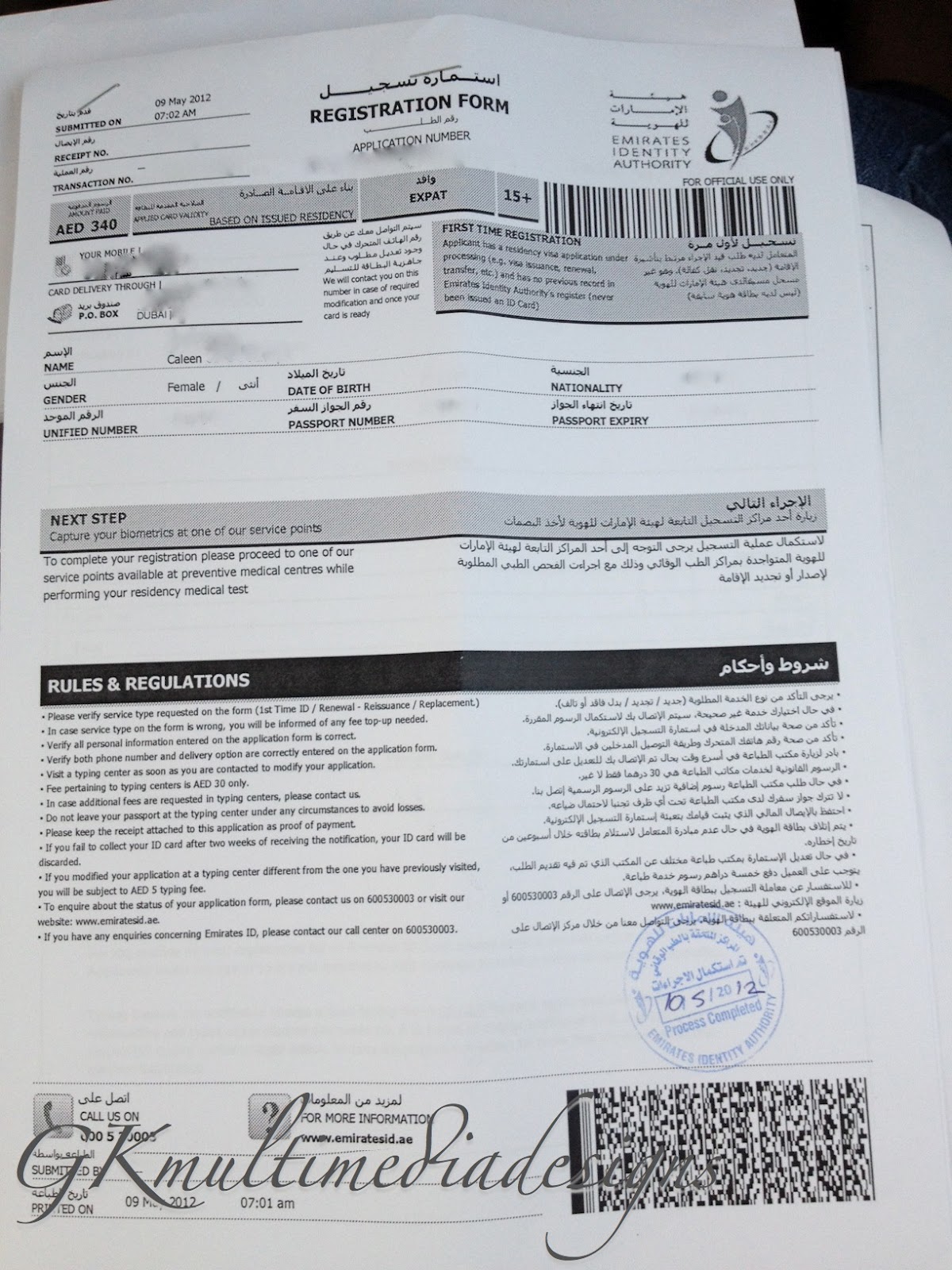







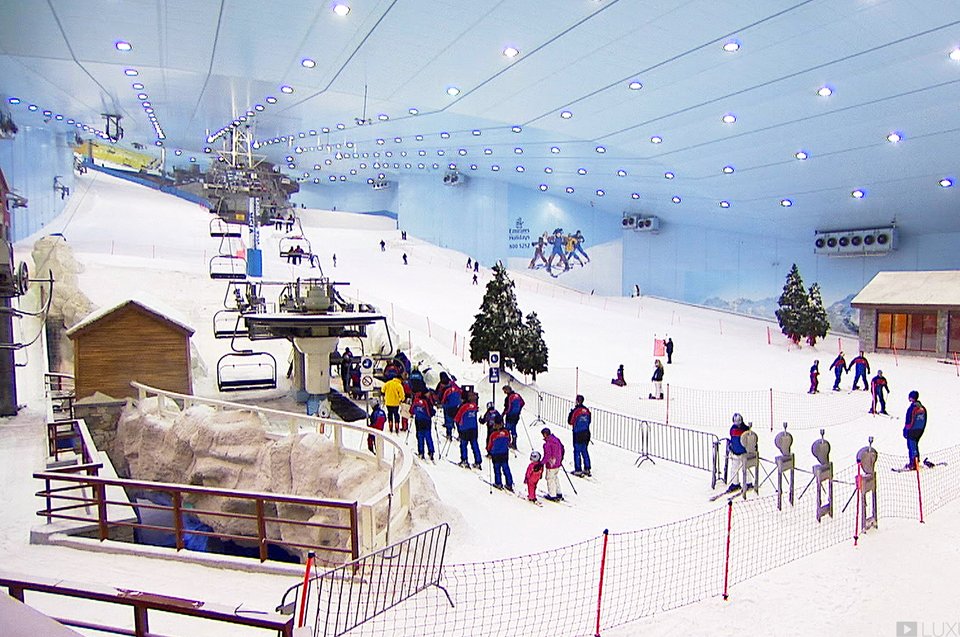







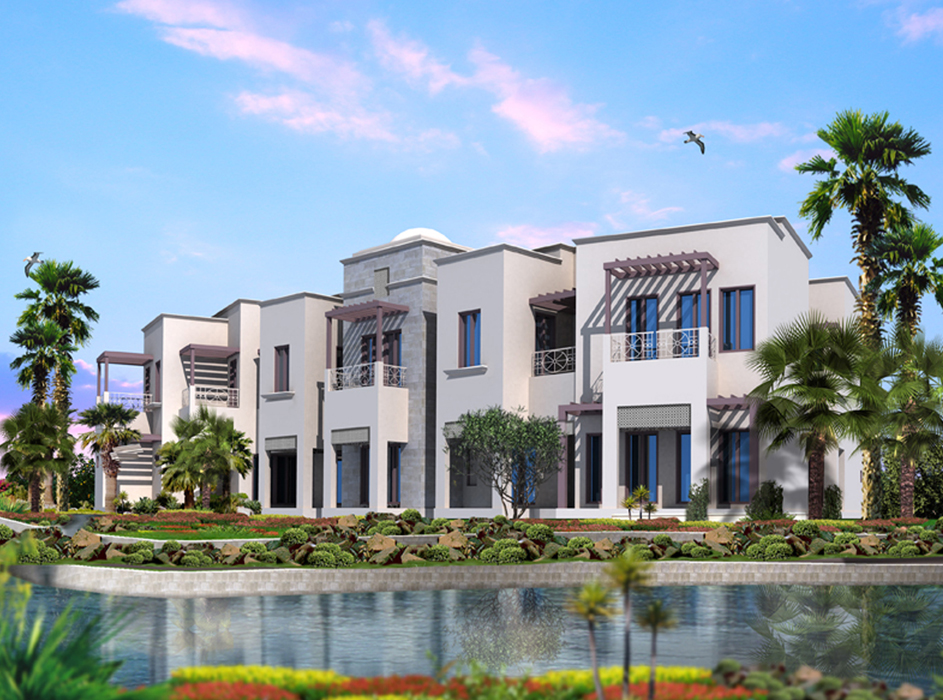

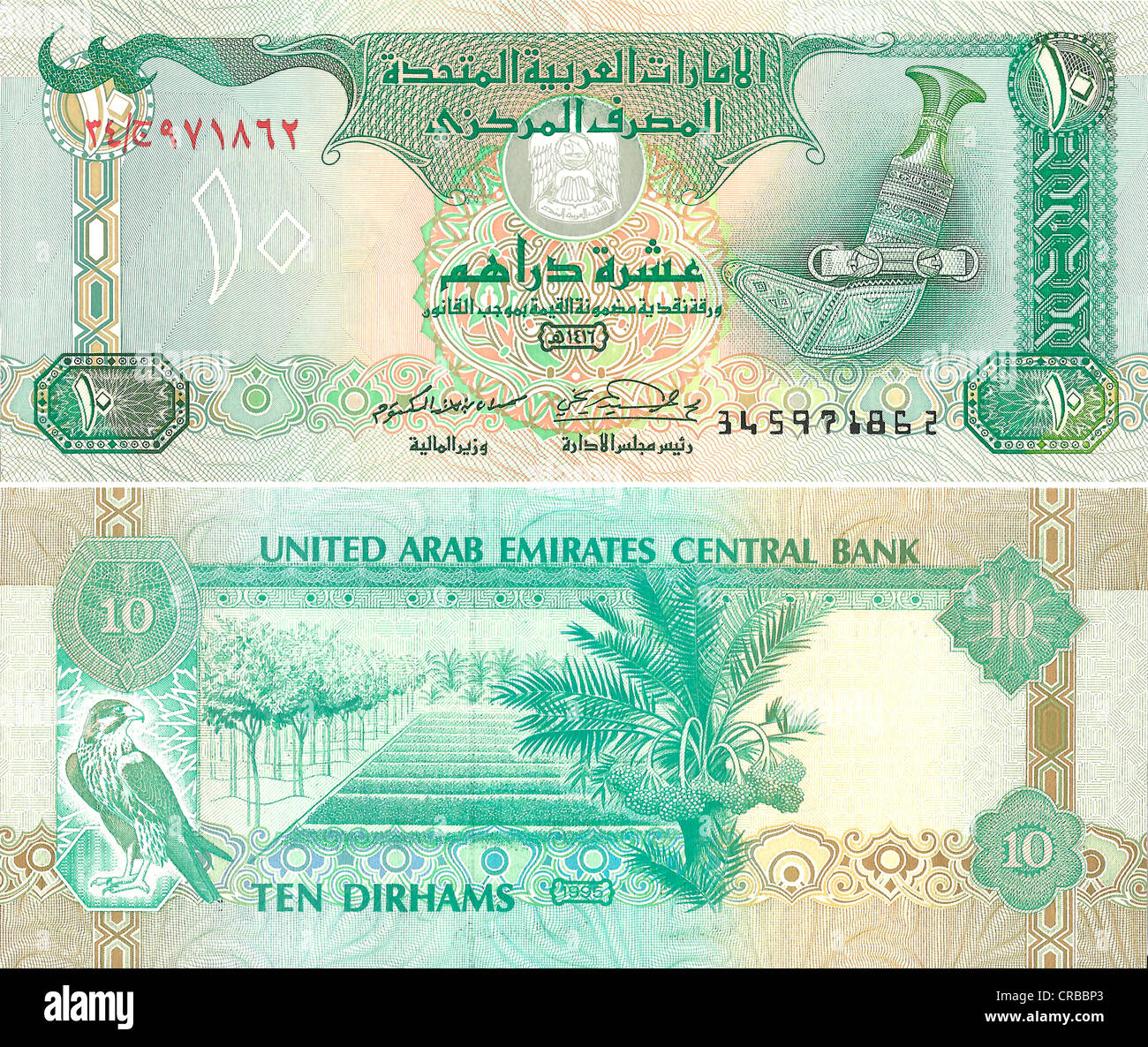


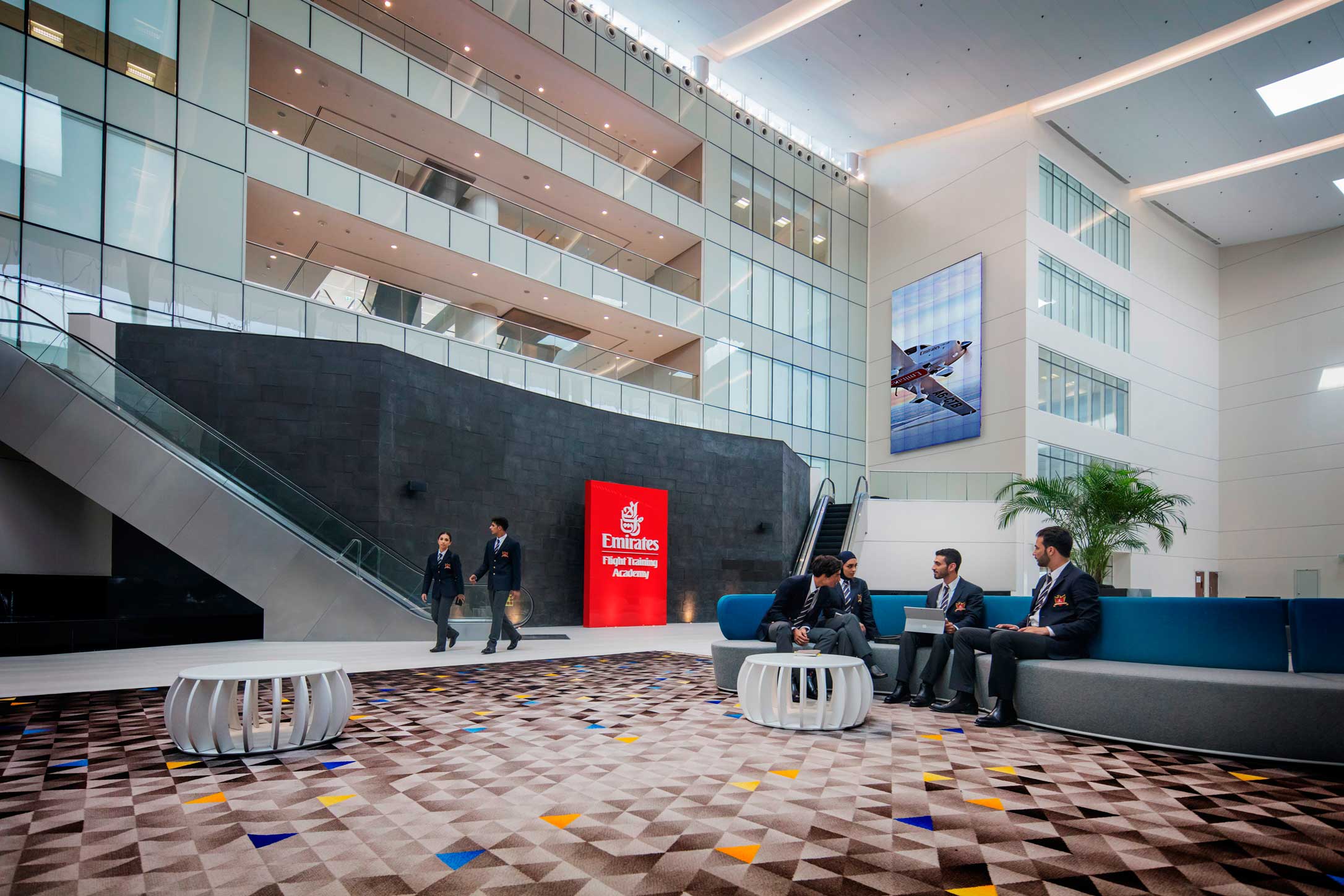
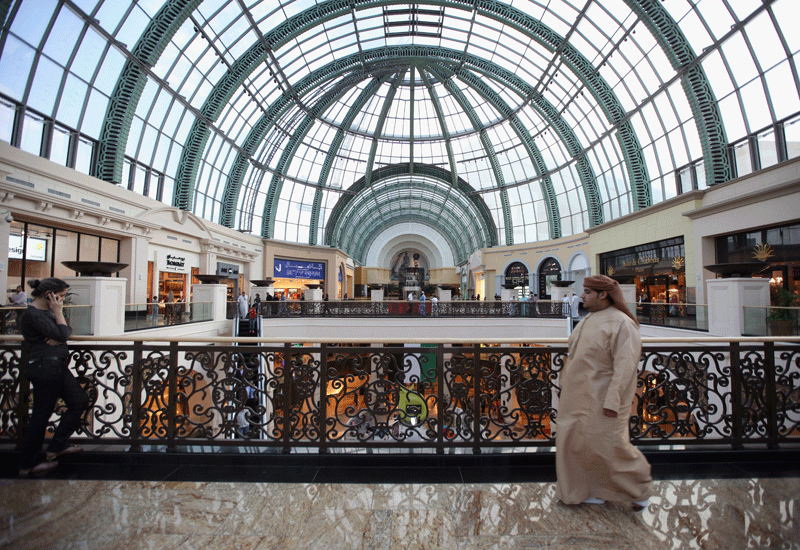

No comments:
Post a Comment
Note: Only a member of this blog may post a comment.